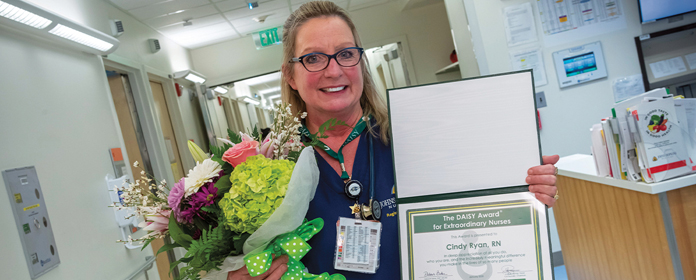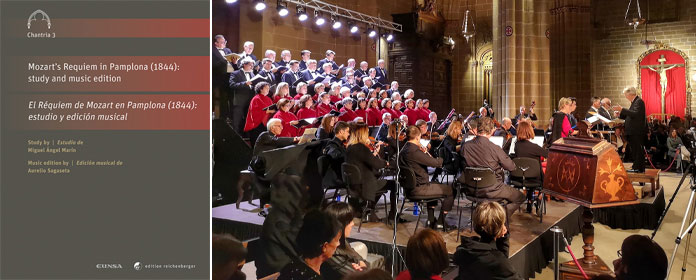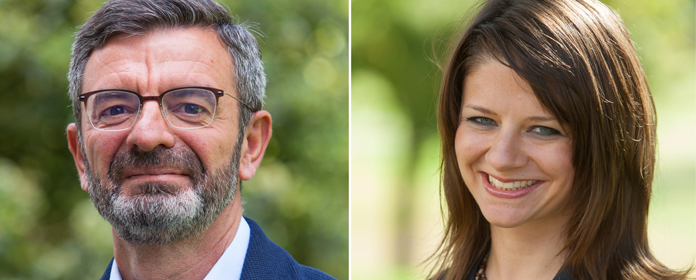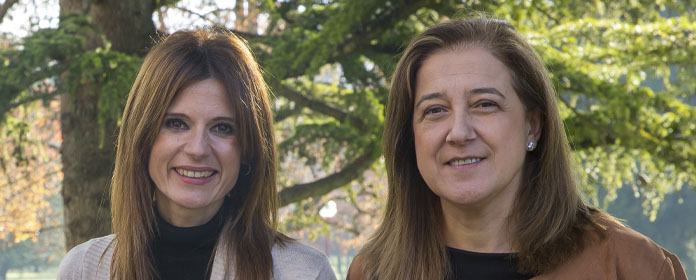Pontifical Academy for Life pushes official position paper on global promotion of palliative care
In 2040, 47% of the world's population will need this palliative care, according to the group of experts who have elaborated it under the coordination of the ATLANTES Program of the University of Navarra.
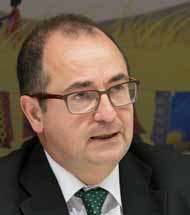
PHOTO: Manuel Castells
The Pontifical Academy for Life has published its official position paper on the global promotion of palliative care in the Journal of Palliative Medicine. It has been prepared by group of international experts, coordinated by the ATLANTES Program of the Institute for Culture and Society (ICS) of the University of Navarra.
agreement According to the experts, every year 27 million people in need of palliative care do not have access to it. The document quotation programs of study estimates that by 2040 the proportion of the population in need of palliative care will increase from 25% to 47%, due to the increase in life expectancy and the persistence of chronic and infectious diseases. Thus, they regret that "a majority of the population, especially in developing countries development, does not have access to palliative care".
The document stresses the need to recognize palliative care as a basic right of the individual and the family. The authors have identified 13 groups core topic for the development of palliative care and make several suggestions for each, as basic strategies that can be adapted to the reality of each country and region.
13 groups core topic for palliative care developmentPolicy makers are advised to "modify Structures health care, policies and ways of assessing outcomes to ensure universal access to palliative care for all those who need it."
As for universities and Schools, they insist that they should include "mandatory palliative courses as part of the undergraduate curriculum in health-related degrees." They suggest that they emphasize the interdisciplinary work and combine theory and internship.
On the other hand, they advocate that palliative care professionals "receive the appropriate certification", which implies recognizing the process of specialization for this discipline, and that continuous training courses are held for all subject professionals.
Hospitals and health centers are also asked to guarantee rapid access to the drugs considered essential by the WHO, especially immediate-release morphine, and to accept palliative services in their structure "as an ethical and moral imperative".
Palliative care associations are another group core topic . The Academy's document insists on the role of associations for effective advocacy and partnership with governments in implementing palliative care in the international political framework , "including conventions, resolutions and declarations in their respective countries".
These five groups are the first-level actors. The second tier consists of international organizations, the media, philanthropic and quality organizations, pharmaceutical authorities, patients and patient groups, spiritual care professionals, nonpalliative care professional associations and societies, and pharmacists. For each of these groups, a priority task is identified.
This initiative is part of the project PAL-LIFE, a group of work international that the Pontifical Academy for Life launched in 2017 to advise the Catholic Church on the development continuum of palliative care in the world. It also aims to promote a culture of understanding towards illness and suffering that favors patients to accept death with serenity and healthcare professionals to care for patients with advanced illness in a holistic way.
Authors from several countriesThe authors of the white paper are Nunziata Comoretto of the Pontifical Academy for Life and PAL-LIFE members Carlos Centeno of the ATLANTES Program at Institute for Culture and Society (ICS) of the University of Navarra; Thomas Sitte of the Deutsche Palliativ Stiftung; Liliana de Lima, Mary Callaway and Katherine Pettus of association International Care Centers and Palliative Care; Sami Alsirafy, from the Palliative Medicine Unit of the School of Medicine at Cairo University; Eduardo Bruera, from the department of Palliative Medicine at UT MD Anderson Cancer Center; Kathleen Foley, from Memorial Sloan Kettering Cancer Center; Emmanuel Luyirika, from the association African Palliative Care; Daniela Mosoiu, from Casa Sperantei at Transylvania University; Christina Puchalski, from the Institute for Spirituality and Health at George Washington University; M.R. Rajagopal, of Pallium India, a WHO center partner ; and Julianna Yong, of the Catholic University of Korea. Also signing are Eduardo Garralda, of the ICS ATLANTES Program; and John Rhee, of the School of Icahn Medicine at Mount Sinai Hospital.


